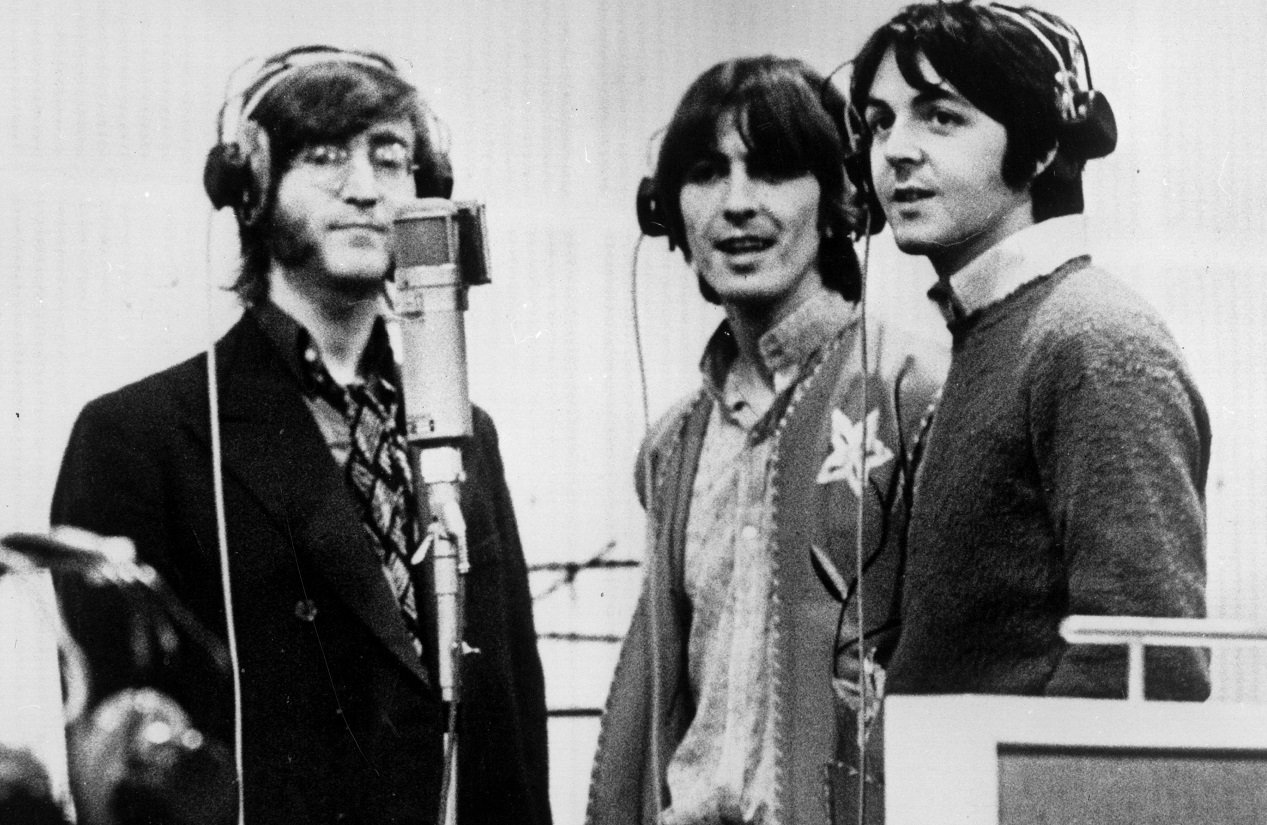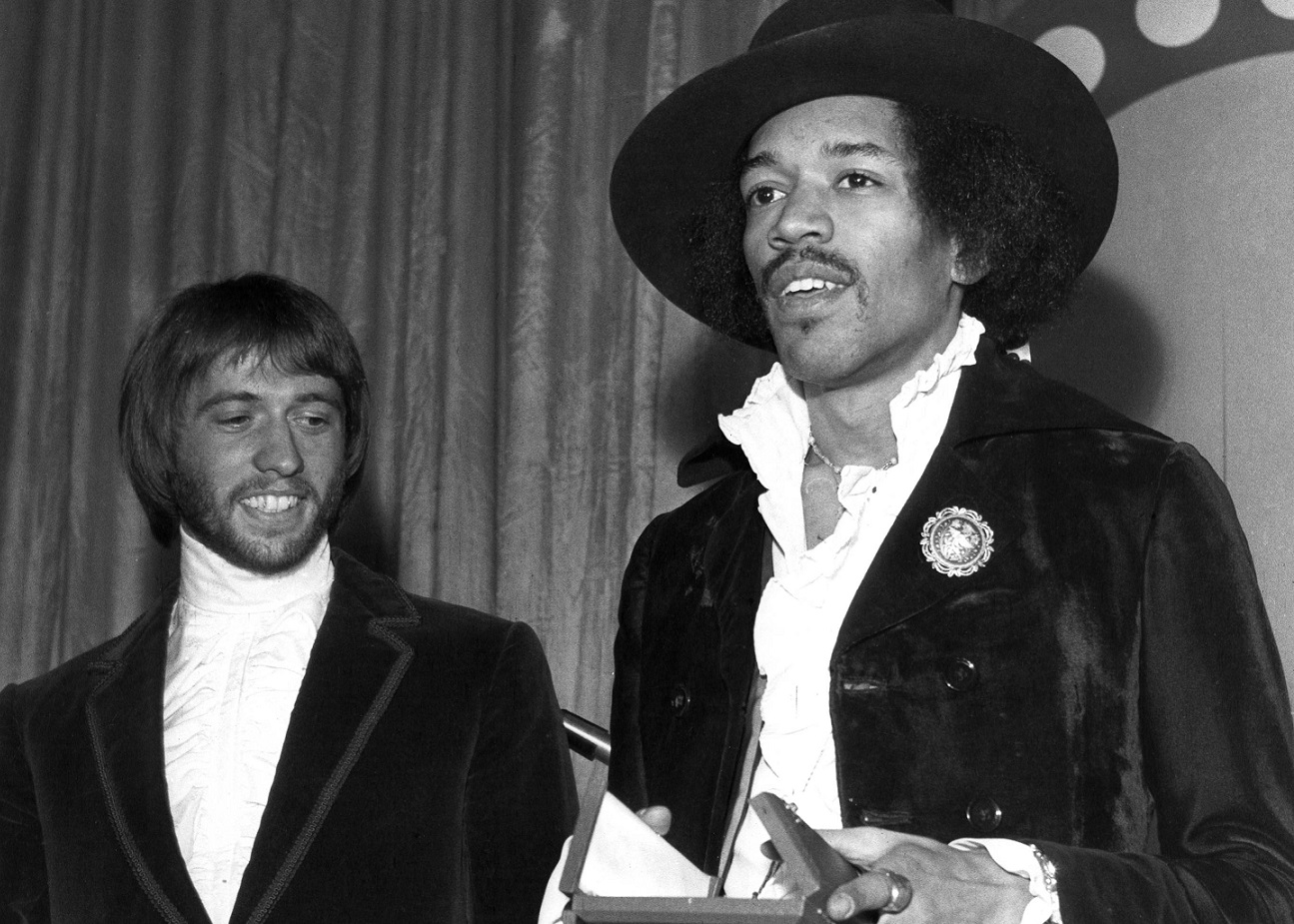When Jimi Hendrix Saw The Beatles Change and Become ‘Part of the Establishment’
Jimi Hendrix got to know all the top British rockers after breaking into the London scene at the close of 1966. At any given show, you might find Paul McCartney, John Lennon, or Mick Jagger filing backstage to speak with Hendrix.
That continued into the era of Sgt. Pepper’s Lonely Hearts Club Band (1967). Just a few days after the release of the landmark Pepper, Hendrix paid tribute to the Fab Four by covering the title track at a Saville performance. McCartney, in the audience that night, considered it one of the great compliments of his life.
But as Hendrix’s career took off and the Beatles’ run moved toward its close, Hendrix became less wowed by the Fab Four’s output. Speaking about The White Album (1968), Hendrix saw the collection of tracks as an example of the band moving toward the past rather than the future. The Beatles, Hendrix thought, had become the establishment.
Jimi Hendrix saw ‘The White Album’ as like an inventory of rock’s past

By April ’69, Hendrix had already released his third and final Experience album but had yet to make his historic appearance at Woodstock. But no one doubted his place at the forefront of rock music around that period. Over the course of a few weeks, Hendrix spoke with the U.K.’s International Times (via Hendrix on Hendrix).
On the subject of The Beatles, Hendrix thought of the band as having passed its period of dominating the scene. “People are starting to get a little more hep to music nowadays,” he told the paper. “I think The Beatles are going toward the past a little more.”
Hendrix went on to say he considered The White Album “like an inventory of the past 10 years, rock music you know. There’s a lot of people waiting for something else to happen now, anyway,” he added. Later in the interview, Hendrix cited “Happiness Is a Warm Gun” as a song that particularly didn’t work for him.
Hendrix’s description of The White Album sounded a lot like John Lennon’s summation of “Happiness Is a Warm Gun.” Lennon later described it as “sort of a history of rock ‘n’ roll.” To Hendrix, that track stood out as one that showed how The Beatles had moved away from the public.
Hendrix considered The Beatles ‘a part of the establishment’ by ’69

Speaking with the International Times, Hendrix made it clear he still admired The Beatles as songwriters and musicians. But they’d changed for him since earlier in the ’60s. “The Beatles are part of the establishment,” he said. “They’re starting to melt that way too.” Apparently, the band’s first foray into political statements (“Revolution”) didn’t cut it for Jimi.
Hendrix compared it to the way young people start out trying to change things before settling into the comforts and security of middle-class existence. “That’s not saying anything bad about a person at all,” Hendrix noted. “It’s just the scenes some people go through.”
The man getting to work on “Machine Gun” and other bold works wasn’t turning to The Beatles for inspiration by ’69. “It’s like a person who starts out with something really on fire,” Hendrix told the International Times. “Now they’re still good […] but they seemed a little closer to the public beforehand.”


